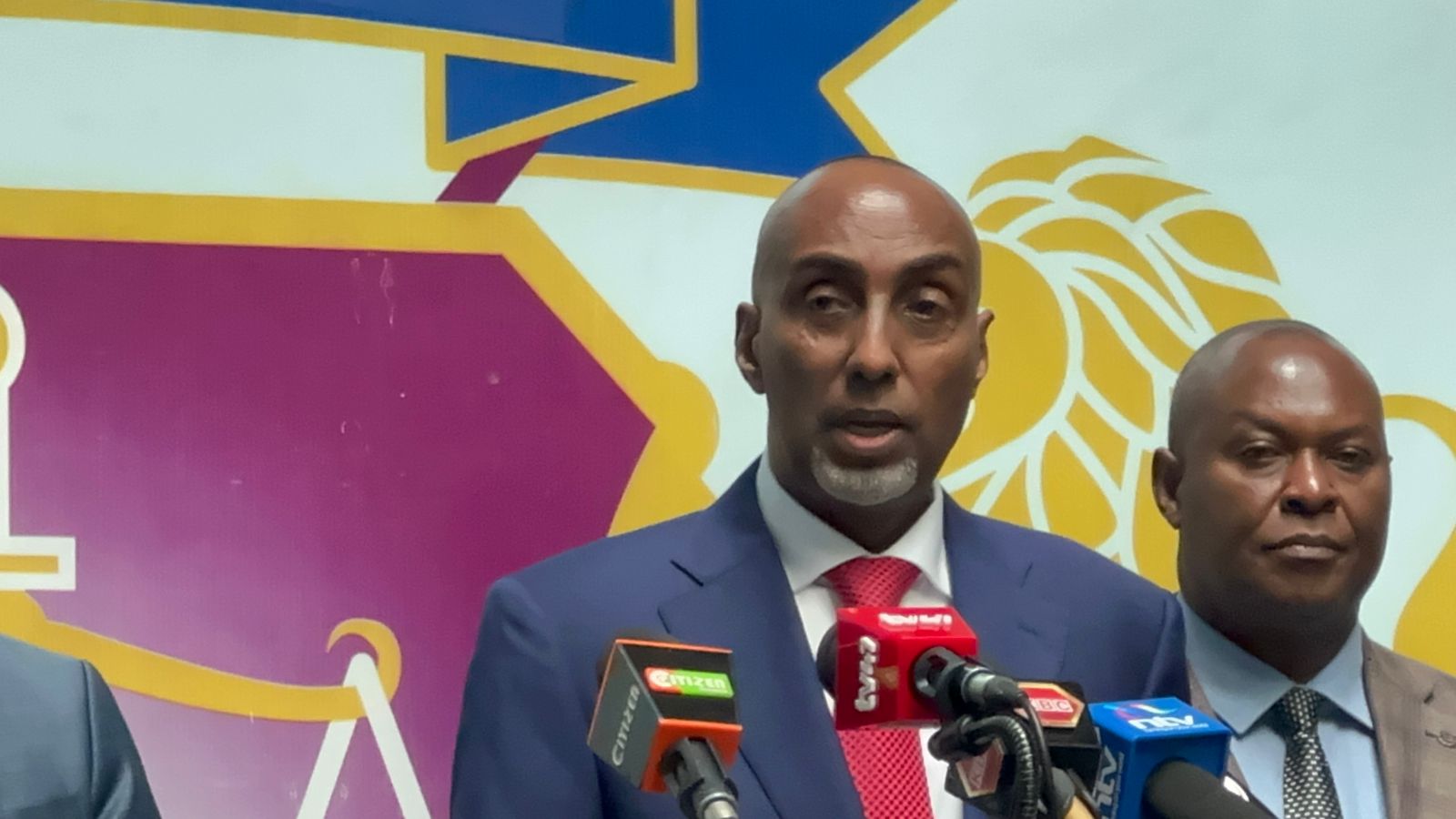

At least four sitting governors are under probe for corruption-related
crimes.
The Ethics and Anti-Corruption Commission said
11 other former governors are under probe for the same offences.
EACC CEO Abdi Mohamud said these investigations
relate to allegations of embezzlement of public funds, conflict of interest,
money laundering, and possession of unexplained wealth, among other offences under the Anti-Corruption and Economic Crimes Act.
He said over the past eight months, the
Commission has completed 89 high-profile cases.
“These investigation files have been submitted
to the Office of the Director of Public Prosecutions (ODPP), with
recommendations to prosecute 82 of the cases. Notably, four of these cases
involve current governors, former County Governors, two former Cabinet Secretaries, a
Principal Secretary, and CEOs and MDs of various State Corporations,” he said.
“In addition, the Commission is at an advanced
stage of investigating five sitting Governors and 11 former Governors.”
In order to address irregular recruitments,
manipulation of payroll, and payments of irregular allowances, embezzlement of
mortgage and car loan funds at the counties, the Commission is actively
pursuing cases worth approximately Sh1.6 billion involving 822 county
officials, he added.
He addressed the media at the Integrity Centre and revealed that they are yet to start investigating bribery claims against Members
of Parliament.
“We are yet to get those claims for now, but we
will act on them once the report is here,” he said.
Mohamud said that from the beginning of 2025,
the Commission has recovered 12 properties corruptly acquired, valued at
approximately Sh600 million and over Sh105 million in cash.
Further, the Commission has disrupted possible
loss of Sh7.2 billion through proactive investigations, he added.
“Notwithstanding the aforementioned
interventions, there is a continued feeling by Kenyans, especially the youthful
population, that the level of corruption in the country is on the increase.”
“This concerns the Commission as it does every
responsible citizen of this country. While the Commission acknowledges the
frustration by Kenyans, I wish to assure the country that the Commission will
upscale both its preventive and enforcement mandates geared towards effectively
combating corruption in the country,” he said.
He called upon all actors in the justice
sector to work together in a more coordinated and collaborative approach for a
more accountable and public-centric government.
He said recent legislative reforms, including
the enactment of the Conflict of Interest Act, 2025, the Anti-Corruption Laws
(Amendment Bill), and the Whistleblower Protection Bill, reflect the
government’s commitment to support the fight against corruption.
“I am constantly reminding those of us in
leadership to live to the oath of office we subscribed to by committing to
promote the rule of law, accountability, and good governance,” he said.
He said the recent past months have seen
heightened demand for accountability, good governance, and integrity in public
institutions by the public – ushering in a very progressive and transformative
moment for the country.
“The urgent need for enhanced accountability,
as espoused by Kenyans, was validated by the findings of the National Ethics
and Corruption Survey 2024. The Survey ranked corruption as the second most
critical challenge facing the country, after unemployment,” he said.
“These findings and concerns underscore the
urgent need for coordinated and sustained efforts to enhance investigative
efficiency, prosecutorial effectiveness, asset tracing and recovery, and
adjudication of corruption-related offenses.”
He said EACC has enhanced focus on bribery at
service delivery points, monitoring of capital-intensive projects to detect and
prevent procurement irregularities, and robust recovery of corruptly acquired
and unexplained assets.
The Commission has also strengthened
collaboration with regulatory and professional bodies to promote ethical
compliance.
















